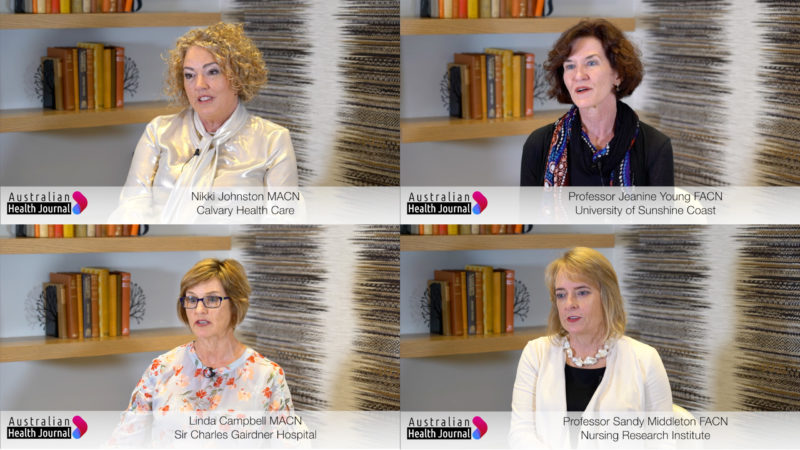Australian entrepreneur, Lauren Barber, turned her nursing background into the role of an inventor and launched a medical device into the Australian healthcare industry.
Lauren began her career as a nurse at the Sydney Adventist Hospital and later moved into cosmetic dermatology, leading her to start her own company. Her journey as an entrepreneur has been challenging, but she has learned skills in resilience and crisis management. She still works as a nurse for 1-2 days a week to maintain her clinical skills. Her inspiration for this career path stems from a personal experience with a needle stick injury that led her to explore the relationship between needle-phobia and a person’s health.
NeedleCalm has now launched a new, world-leading medical device in Australia to improve vaccination rates and calm the nerves of the approximately six million Australians who fear injections. The Class 1 medical device, which recently received approval from the TGA, works by using a technique referred to as “closing the gate” between the needle injection site and pain receptors in the brain.
“Our technology is a game-changer and can be used in an estimated 76 million needle procedures in Australia each year. It’s easy to dismiss needle phobias, but they affect approximately 25% of Australians, while a local study found one in five patients with a fear of needles reported avoiding healthcare.”, says Lauren.
And today in Adelaide at the Australian College of Nursing’s National Nursing Forum, Lauren Barber was awarded the winner of the Health Minister’s Award for Nursing Trailblazers. The award acknowledges nurse-led innovations and models of care which significantly improve health outcomes for the Australian community through evidence-based processes.
With the support of her family and over 10 mentors who specialise in various areas, Lauren has overcome struggles in finance and fundraising. She has learned from her mistakes and now seeks advice from multiple sources before making a decision. In this reflection segment with Australian Health Journal, Lauren talks about the challenges of bringing a medical device to market, not just in company formation, regulatory approvals but also in selling to the health care procurement departments in hospitals.
No journey is linear for an entrepreneur, but Lauren has travelled considerable distance from a nursing student to a successful entrepreneur illustration her determination and passion to help those with needle phobias. Lauren’s work with NeedleCalm is making a positive impact in the healthcare industry and improving the experiences of patients and clinicians alike.
Adapted from Charles Sturt article “Lauren launches world-leading medical device to improve healthcare access”
You Might also like
-
International Nurses Day 2019
Ahead of International Nurses Day on Sunday 12th May 2019, Australian College of Nursing (ACN) hosted the Health Minister’s Award for Nursing Trailblazers. Australian Health Journal met with the finalists and the winner for 2019, Nikki Johnston.
-
Integrating oral health care across non-dental professionals
Poor oral health can contribute to or exacerbate several systemic health conditions due to the close connection between oral bacteria, inflammation, and systemic processes. These conditions include cardiovascular health, diabetes, respiratory health, cognitive health, pregnancy and birth outcomes.
-
Nurse led micro-suction earwax removal service continues success
At the 2024 Telstra Best of Business Awards in February, Earworx was recognised as the National Championing Health Award winner. Lisa Hellwege, the Clinical Director and Founder of Earworx, expressed her gratitude to the entire team and their patients for their trust and support. Earworx specialises in providing professional earwax removal services led by trained nurses using a procedure called microsuction.



